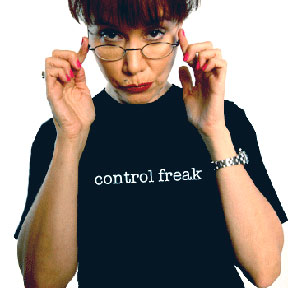Part of taking stock of your thinking patterns and how they may or may not be helping you achieve your goals can be identifying your “locus of control.” Dr. Phil mentions “locus of control” on his website, but I think some further explanation can make this concept more helpful to you. I am surprised that Dr. Phil would use such a technical psychological term.
“Locus of control” refers to a personality construct originally identified by Julian Rotter in the 1950s. It has been important in health psychology and research. In layman’s terms, “locus of control” is where you attribute responsibility for events in your life, whether to internal forces (yourself) or external forces (something outside of yourself). A person with an internal locus of control believes that his or her life and behaviors are guided by personal decisions and efforts. A person with an external locus of control believes that his or her life and behaviors are guided by luck, a higher power, fate, or other external forces, including other people.
Dr. Phil has added chance to external locus of control and internal locus of control. Chance appears to be a division of the concept of external locus of control, in which nothing and no one can truly create a change for you. Dr. Phil’s definition of external locus of control is more of a dependence on something or someone else stronger or smarter than you, like a program, diet, trainer, surgery, etc. Some research has suggested that those with a higher chance orientation will have the least success with weight loss. Those with an internal locus of control will take responsibility for what they can do to control their weight, while those with an external locus of control may seek out that thing or person that will help them lose weight; those with a “chance weight locus of control” are likely to believe that no difference will be made from making any personal changes.
I’ll continue this topic of Locus of Control tomorrow.
